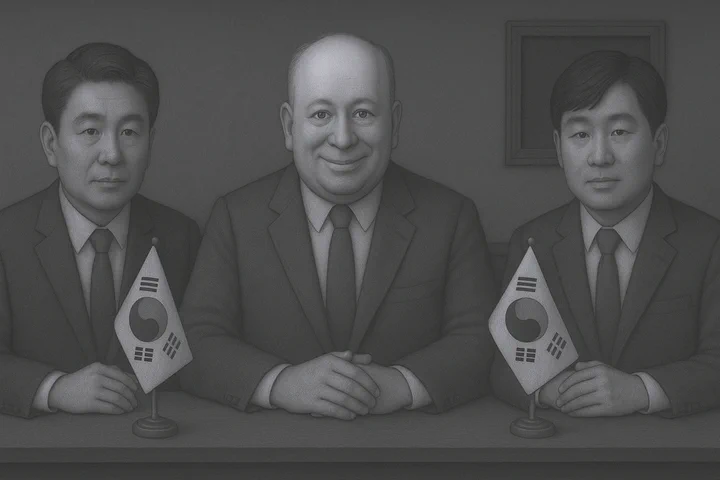South Korea’s early move on broadcasts demonstrates poor diplomatic advice

Significance. President Lee’s loudspeaker suspension aligns with his liberal mandate and appeals to domestic stakeholders. Yet the lack of pre-coordination with the U.S., particularly with Trump, reflects a critical oversight in diplomatic choreography.
By earlier involvement and crafting a joint narrative, Lee would have reduced the risk of misinterpretation, amplified alliance solidarity, and controlled the messaging trajectory—fortifying his credibility both domestically and abroad. Importantly, it would have played to Trump’s well-documented need for personal credit.
Analysis. On 11 June 2025, President Lee Jae‑myung ordered the suspension of anti‑North Korea loudspeaker broadcasts along the DMZ. The decision is one component of his campaign promise to restore inter-Korean trust and peace on the Korean Peninsula, and marks the first tangible step toward easing inter‑Korean tensions under his administration.
The Yoon Administration restarted propaganda broadcasts aimed at North Korean border areas in mid‑2024 in retaliation for North Korea’s trash‑balloon campaign. Although questionable in their effectiveness, the commencement/cessation of broadcasts has acted as signals of intent, and contributed to changes in inter-Korean relations.
The cessation brings immediate relief to border residents troubled by constant noise, and promises further respite if North Korea reciprocates. The decision to do so holds domestic symbolism and importantly signals to Lee’s support base that the new administration intends to carry through on its promises.
Mainstream media reporting has centered on humanitarian benefits and campaign fulfillment, but has largely overlooked the omission of advanced U.S. messaging coordination—a blind spot that will allow right‑leaning American outlets to portray the move as dangerous appeasement.
South Korea’s right-wing media and opposition figures will seize on Lee’s unilateral announcement to frame him as aligned with North Korean interests and disconnected from U.S. strategic consensus. These narratives will rapidly filter through to U.S. right-wing media ecosystems via social media amplification, risking the emergence of a hardened personal animosity between Trump and Lee.
This was precisely the dynamic seen in the deterioration of relations between Trump and leaders such as Zelensky, Abdullah, and Ramaphosa—where initial messaging missteps allowed durable negative perceptions to take hold.
Past incidents—such as distortions of Zelensky’s political links to Biden, Abdullah’s regional diplomacy, and Ramaphosa’s policies on land expropriation—demonstrate how conservative narratives can rapidly reframe gestures, particularly when they occur outside of an agreed messaging framework.
The Lee Administration appears to underestimate the distorting impact of U.S. domestic political filters and demonstrated a lack of diplomatic strategy.
Had Lee Jae‑myung first informed Trump of his intention, and deliberately timed the suspension of broadcasts to follow a public signal or announcement from Trump, he would have neutralized a substantial part of this vulnerability. It would have played to Trump’s well-documented need for personal credit and public ownership of key events, allowing Trump to frame the move as a product of U.S.–ROK cooperation.
By failing to do so, Lee ceded narrative control and ensured that U.S. right-wing commentators will fill the gap with their own, potentially damaging interpretations. Lee’s approach reflects a lack of diplomatic finesse and a failure to appreciate the second- and third-order effects of signaling in allied domestic contexts.
Moving forward, this gesture may ease immediate tension and create space for renewed dialogue with North Korea—but its lack of preliminary alignment with Washington could leave it vulnerable to backlash or reinterpretation.
Impact. In the immediate term, South Koreans in border regions will need to await North Korea’s reciprocal move but will be reassured that the first step was taken. The Lee Administration’s early signal will position it for opening dialogue with North Korea in the medium term.
Analysts will need to monitor how the move is interpreted in U.S. social media and conservative press. The first meeting between Trump and Lee is scheduled for 15-17 June. The decision to halt propaganda broadcasts before meeting Trump represents a missed opportunity. Given current domestic and international failures, Trump needs a victory or demonstration of strength, and Lee currently represents an easy target.
